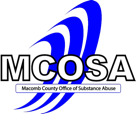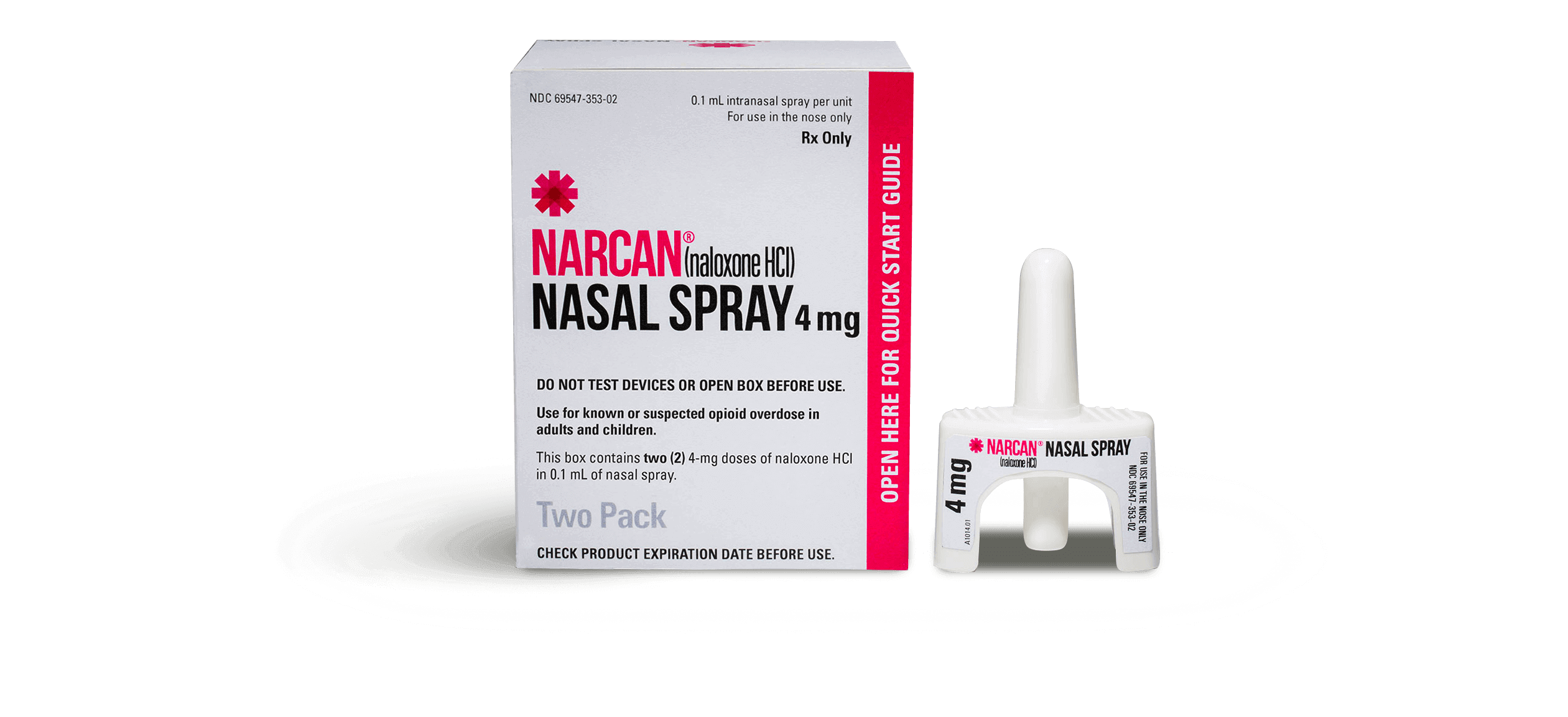History


Since 1985, the Clinton Counseling Center Jail Program has been helping inmates of the Macomb County Jail with their recovery needs. Once out of the lifestyle, many people start to think about making healthy changes in their lives, and seeking out recovery services is often a part of that process.
All of our services are FREE. Services may be requested directly by inmates. Referrals are accepted from courts, family, friends, as well as other jail or community-based services. If you would like to make a referral to our program, please call us at (586) 307-9570 or contact us here.
For information about the substance abuse services we offer to inmates at the Macomb County Jail, click here. For information about obtaining free Narcan and training, click here.
Our therapists are all certified and/or licensed to provide counseling services. Our agency is licensed by the State of Michigan to provide Prevention, Early Intervention, Outpatient and Integrated Treatment (Substance Use Disorders and Mental Health). We are also CARF (Commission on Accreditation of Rehabilitation Facilities) accredited to provide outpatient alcohol and other drug treatment services to adults and individuals in the Criminal Justice System. Federal, State and Local funding has been provided through Macomb County Community Mental Health/Office of Substance Abuse to support project costs.
Recipients of substance abuse services have rights protected by state and federal law and promulgated rules. For more information, contact Michael Keys, Recipient Rights Advisor, 2 Crocker Blvd., Ste. 205, Mount Clemens, MI 48043 or (586) 463-7079.
Core Purpose,
Vision & Values
Core Purpose: Provide hope & healing
Vision: CYS is highly recognized for our commitment and dedication to our staff, our community, and our client partners. CYS is inclusive, welcoming and client driven, embracing change and responding to the needs of our community. Our constant evolution assists in CYS being recognized as an expert in our community for advocacy, prevention and education. Our committed staff and Board Leadership continue to drive our Core Purpose and Values in creating a positive work environment. Dedicated staff learn and grow while working diligently to maintain positive outcomes for clients and our funding partnerships.
Values:
- Compassion
- Respect
- Ethics & Integrity
- Strengths Based
- Collaboration

Philosophy of Care
Our lives are not the same, nor should our approach to treatment be the same…and that’s great news for our clients!
Substance use can result in a “snow ball” effect…just think about the cartoons where a snow ball tumbles down a snow covered hill and grows bigger and bigger, and rolls downhill faster and faster. Someone using substances can feel as though they were caught up in that snow ball, until they wake up in a holding cell, hungover or in withdrawal, wondering how this happened (or…in some cases…happened again).
And that’s where we come in… as the substance abuse service provider within the Macomb County Jail, we see our clients when they are at a low point in their lives. We’re different than the treatment centers that have a therapist on staff that they refer all of the “tough cases” to, meaning the clients who have a lot of Criminal Justice System involvement and seem to be resistant to change. We don’t just have one therapist that is effective…all of our therapists are knowledgeable about criminal thinking patterns and how easy it is for a substance user to get caught up in the criminal lifestyle. For many of our clients, getting clean and sober is not enough…some may have a level of addiction to the lifestyle that has to be dealt with in order to achieve long lasting recovery.
We believe that change is possible for anyone…even those who have hit an extreme low in their life. It’s interesting that when a person suffers from cancer or some other devastating health conditions they are labeled as brave, strong, courageous…but when a person suffers from a substance use disorder, they are often labeled as weak, addict, junkie or criminal. We see our clients as more than the labels they come in with. Those labels only serve to alienate substance users from possible sources of support, question their ability to resume the responsibilities they’ve given up or have had taken away, and reinforce unhealthy behaviors, such as telling people what they want to hear instead of having honest conversations.
Our greatest mission is in helping our clients go from where they are currently, to where they would like to be in their lives. Given that many of our clients have no idea of where to start to make a change in their life and most are tempted to give up before they even try, this is a big challenge. We see our role in this process as a partner and work in collaboration with our clients. We respect our clients’ expertise and autonomy in making decisions about their own life. We find that many of our clients have hidden strengths from having survived the using lifestyle and consequences, and assist our clients in getting a realistic picture of the abilities they possess that will assist them in achieving their goals.
We are authentic and genuine in our professional relationships with our clients. We believe it’s important for our clients to regain a sense of trust and trustworthiness; if that is possible with us, it is possible with others and helps our clients to seek out healthy supports within their community and experience a sense of belonging and purpose that comes from social connectedness.
Our program focuses a lot on teaching coping skills…with a new one taught at each session, our clients are armed with new ways to manage situations that would otherwise lead them back to poor choices. Clients are encouraged to try out their coping skills and luckily, the jail offers a lot of opportunities for built in practice!
It’s also important to note that our services are Person Centered, Trauma Informed, Evidence Based and supportive of Recovery Oriented Systems of Care. We recognize that change is a process and provide our clients with information on the stages of change, what to expect along the way, and where to go for additional services and support, both in the jail and within their community.

